- Security
- A
Training at Stanford Online: Advanced Cybersecurity
Hello! My name is Nikolai, I have been working in the field since 2010. This is my first article on tekkix. Based on my experience of passing the Stanford Online certification in 2023, I will talk about the admission and training processes, the structure of the Advanced Cybersecurity program and the online learning platform, describe the features and at the end of the article I will share my opinion.
Admission
It's simple - we purchase the required number of courses (6 out of 7 for "admission" to the program, or fewer courses if a certificate for the program is not needed). The cost of one course is 545 USD. I was unable to register for the program/course using a foreign card indicating an address in the Russian Federation, I had to randomly write an address from the UAE. After payment, we get access to the online learning platform with materials. There are no knowledge requirements, no need to take preliminary courses.
Training
The program consists of:
one mandatory course - Foundations of Information Security
6 additional courses, 5 of which you must complete if you want to receive a Certificate of Achievement for the program. What other documents can be obtained is described here.
Here is a list of additional courses in the program:
Using Cryptography Correctly
Writing Secure Code
Exploiting and Protecting Web Applications
Mobile Security
Network Security
Cybersecurity and Executive Strategy
On the online learning platform, we see our progress for each course (on which topic and at what point in the video we stopped last time). Watching video lectures, we can switch between one of two options for auxiliary content:
display of slides on the lecture topic - slides are automatically flipped according to what is currently on the video;
full text of what is being said on the video - the current phrase/sentence spoken on the video is highlighted in the text.
Within each course, there are sections at the end of which you need to pass intermediate testing. The final test, consisting of 20 multiple-choice questions, is only available after completing all sections and passing the intermediate tests. There are no restrictions on the number of attempts to pass the final test, so if you fail to answer 85% of the questions correctly, you can try again. In addition to testing and video lectures, there are 3 more types of educational resources:
video interviews with representatives of well-known companies (e.g., LinkedIn) on cybersecurity issues and problems;
text documents describing some well-known cyberattacks, details of their investigation;
a virtual lab where you can write code exploiting vulnerabilities.
The full presentation slides with the key points of the course can be downloaded at the very beginning of the training.
Features
You can take all (or some) courses separately, but then you won't get this kind of "certificate":
Completing each course gives you a certain number of CEUs (what it is written here), which, in my opinion, you cannot use beneficially in any way - it is just a quantitative confirmation (1 CEU = 10 hours) that you have completed something and developed yourself.
After passing the final test for each course, you will receive a “Record of Completion”:
Additionally, all successfully completed courses are combined into one general paper “Record of Completion”:
Record of Completion for individual courses, as well as the final certificate for the program, can be shared via a link.
Each course of the program, whether it is a standalone course or part of the program, provides the opportunity to download all lecture slides in PDF.
For online learning participants, in-person events are sometimes held, such as this one in 2024: ConnectED2024
They can provide an invitation letter on university letterhead, but no sponsorship/other assistance in obtaining a visa will be provided.
Opinion
Is the course useful?
In terms of gaining new knowledge - yes, but with reservations:
not quite up-to-date information - some lecture slides are dated 2017/2019, but it seemed that 2014 also slipped in;
lack of opportunity to communicate with teachers;
not suitable if cybersecurity is your main activity;
In terms of investing in myself - I don't feel it, rather no. There were only 2 approaches to me from employers thanks to these courses. It is important to note that the knowledge gained at work was not the basis for me, but an addition to the main profession in the field of QA, and they were looking for me not only for this knowledge, but for the corresponding QA experience (my LinkedIn), seasoned with relevant knowledge in cybersecurity for employers.
Would I recommend these courses or the entire program to friends/colleagues?
For this money - no. Obviously, there are more valuable and specialized certificates.
However, overall - the impressions are positive. Apparently because the topic was interesting to me and they provide an opportunity for face-to-face networking in the USA.
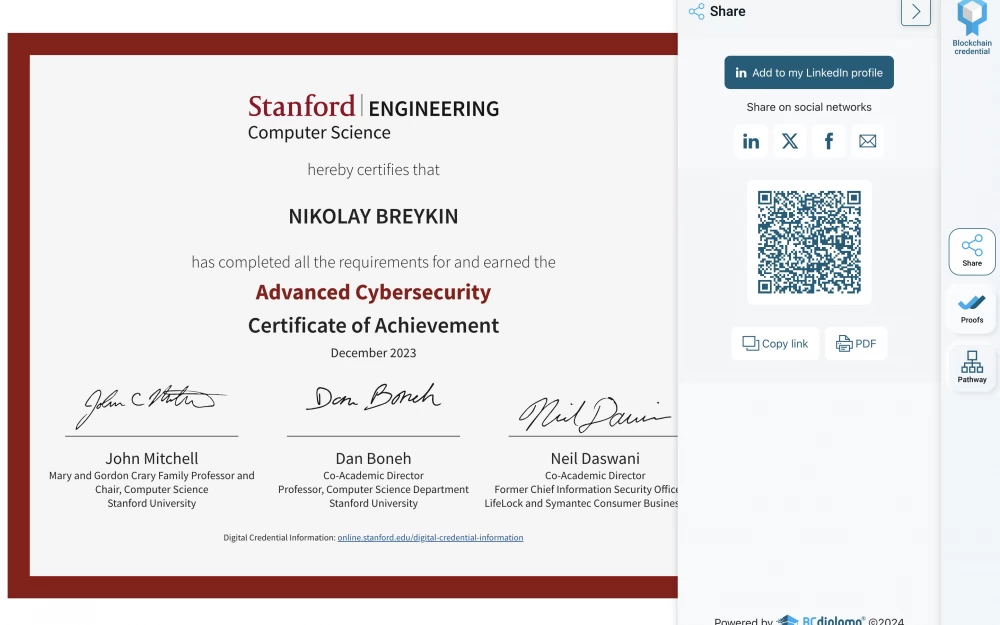
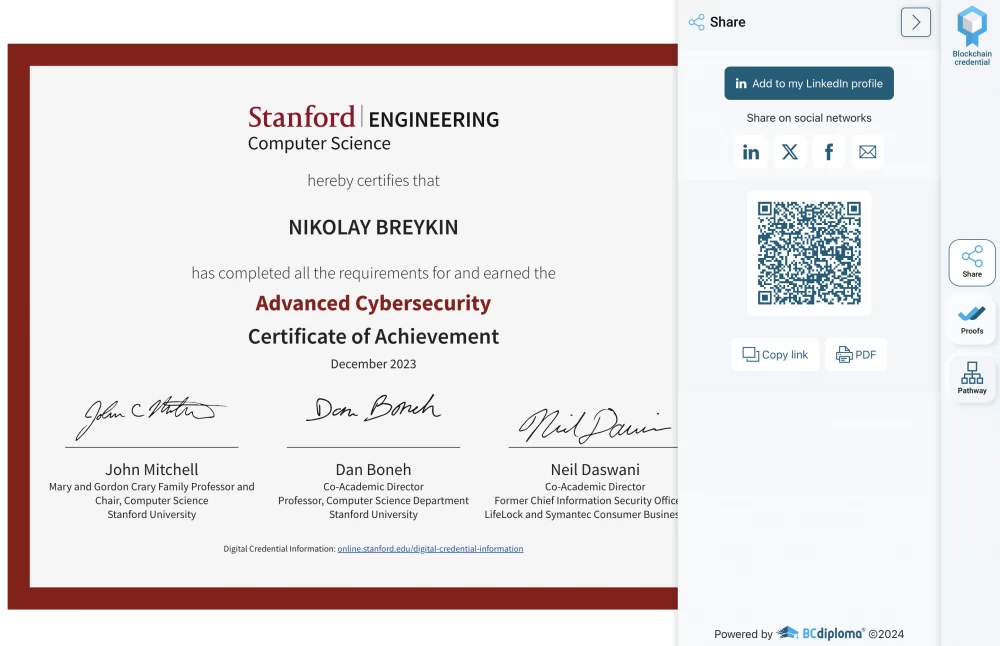
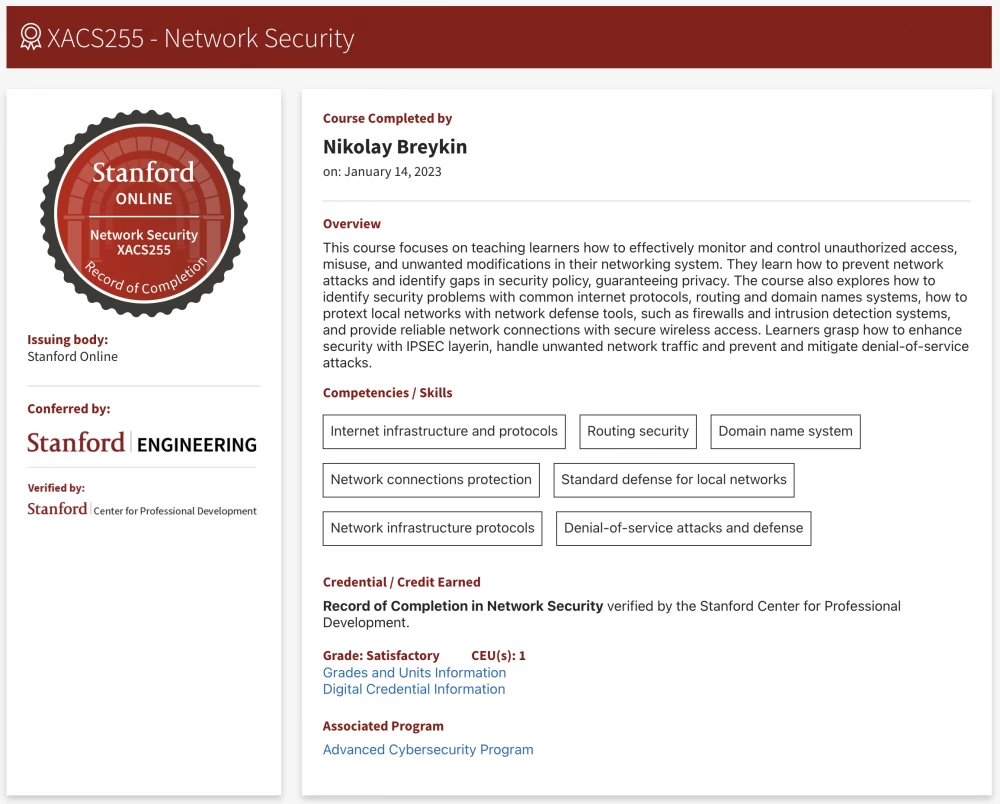
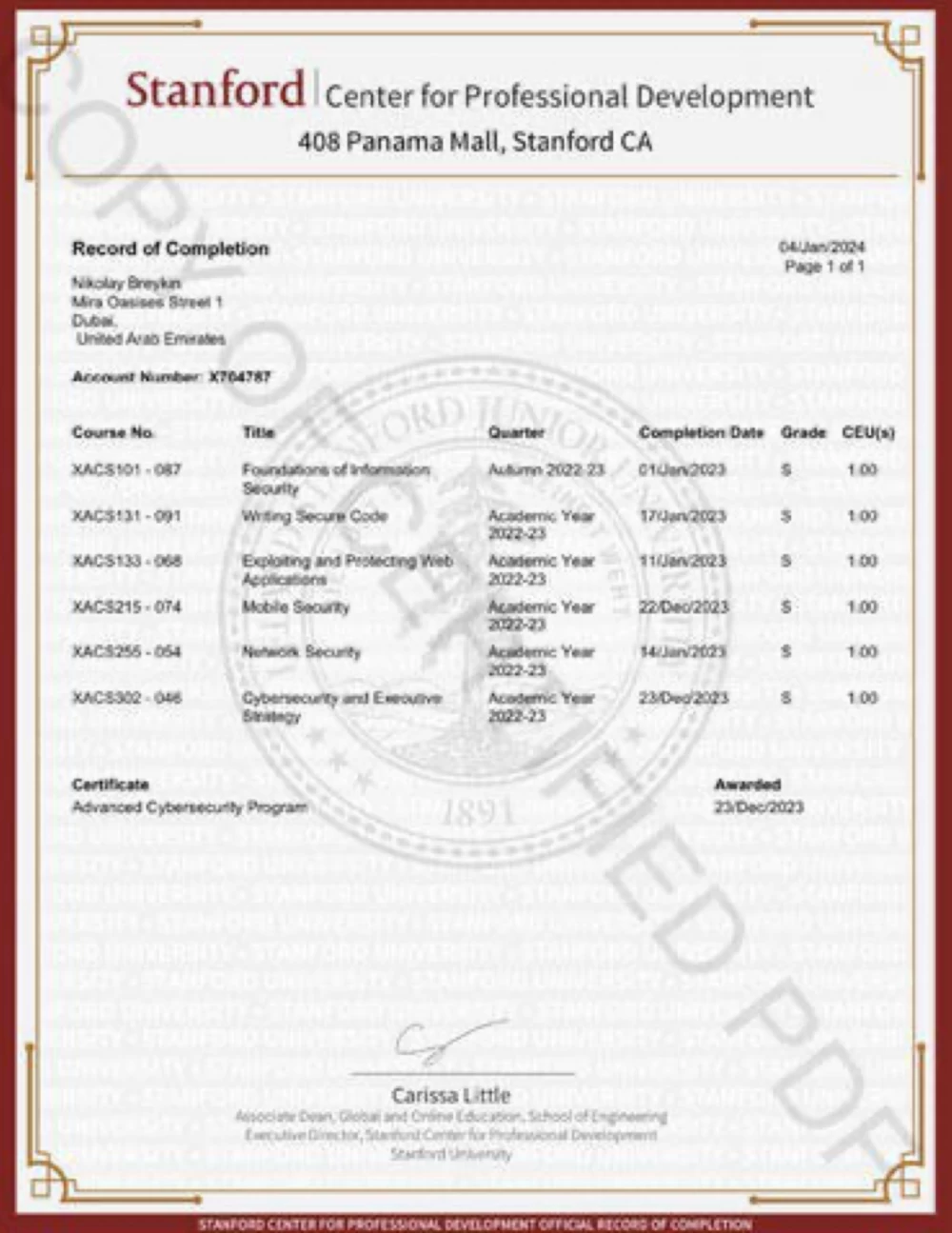
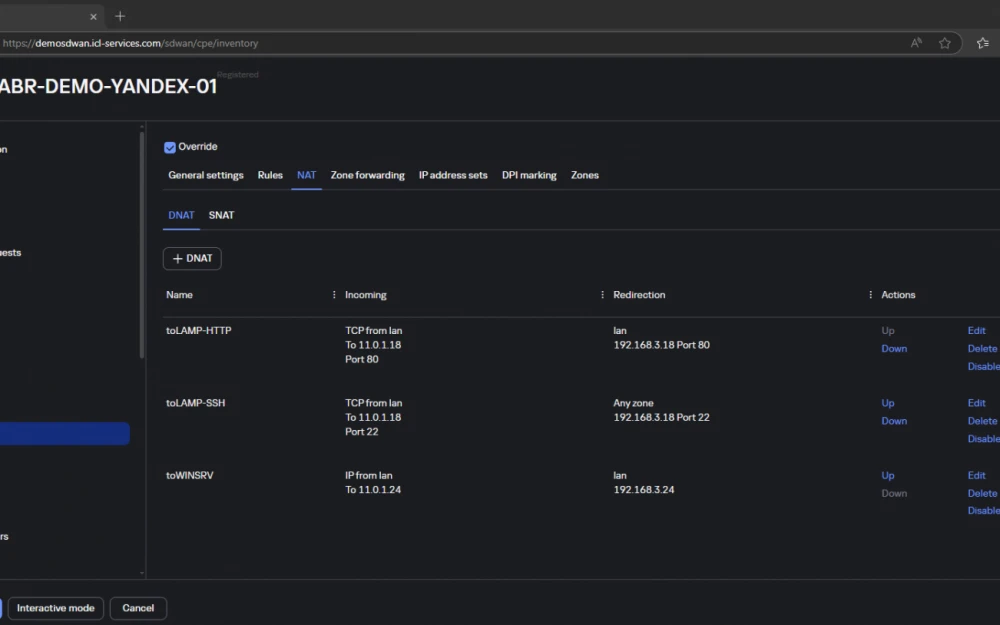
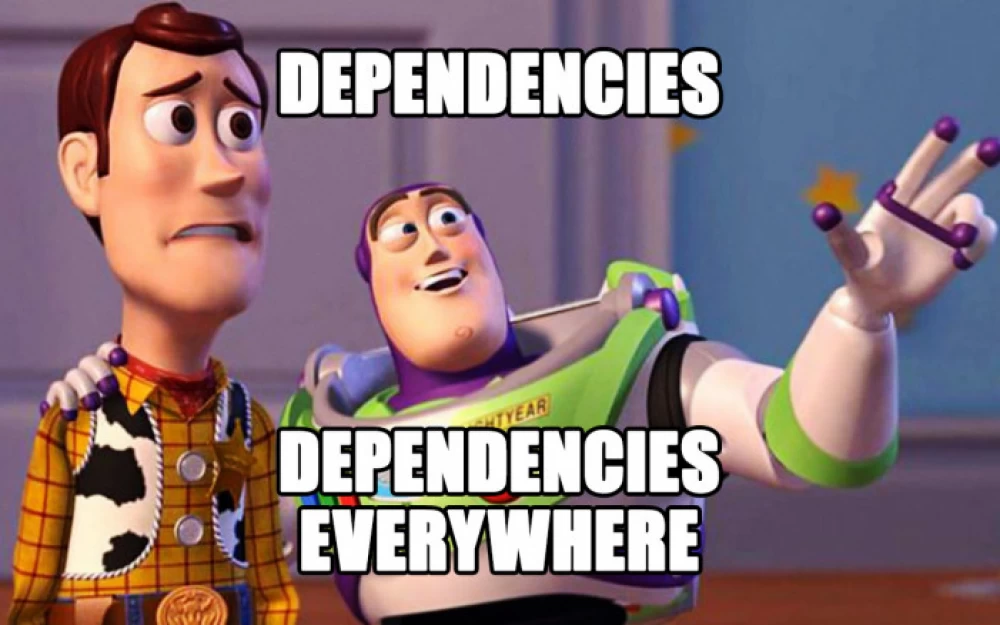

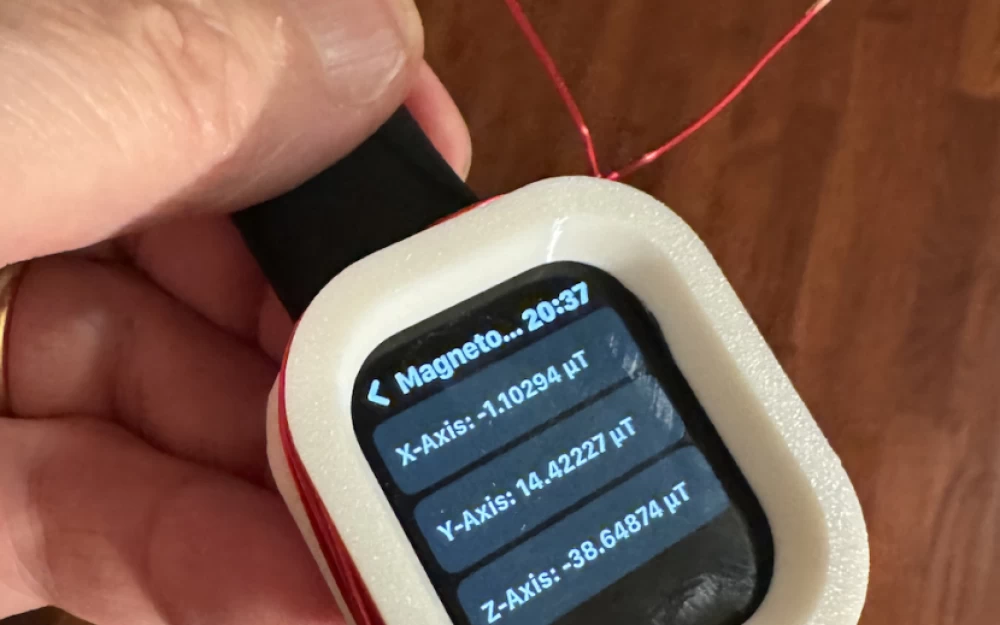
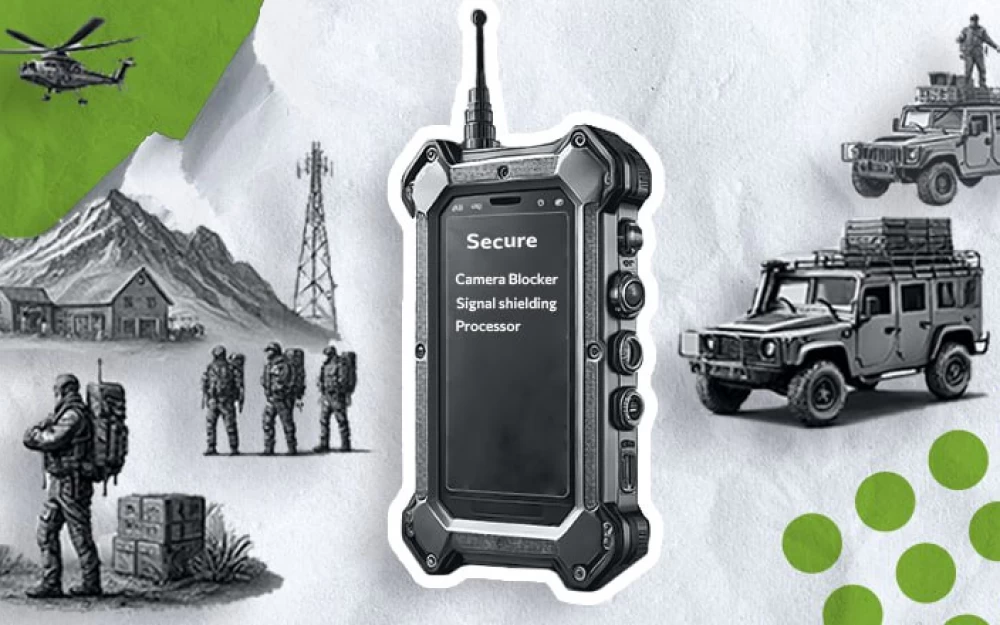

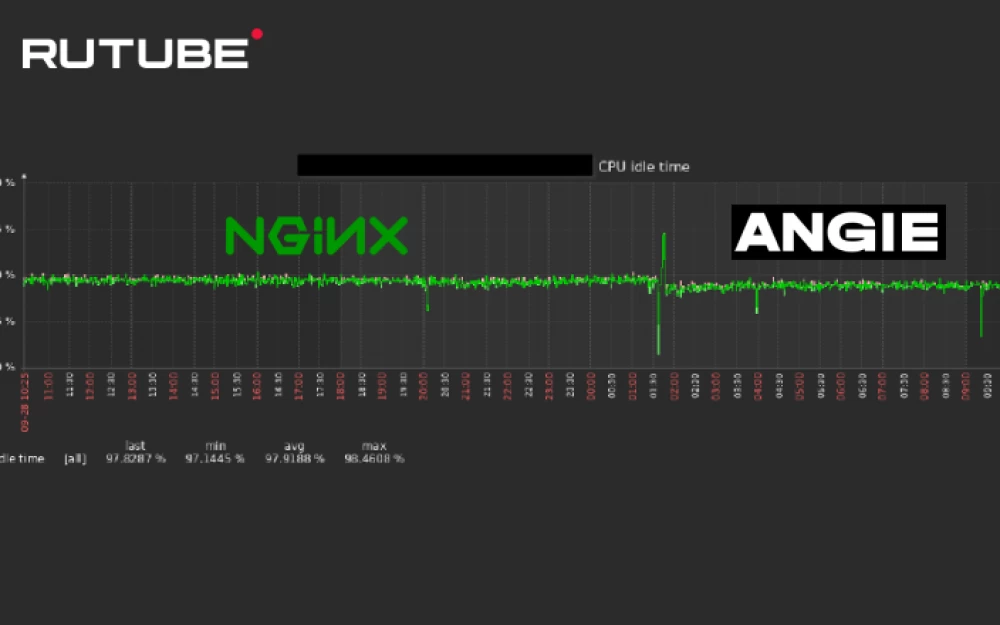


Write comment